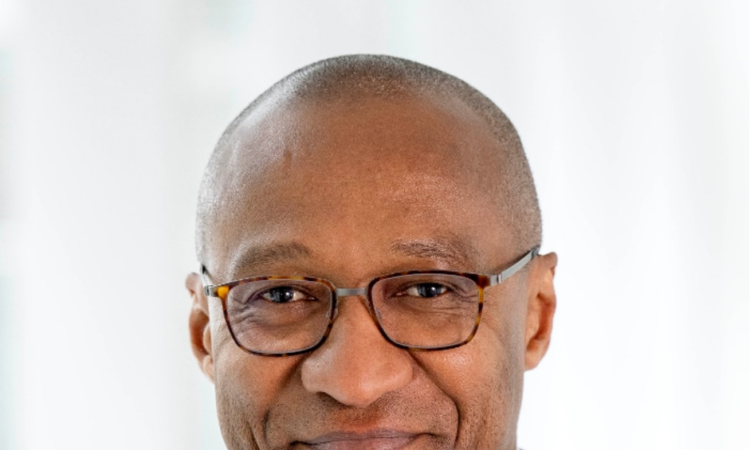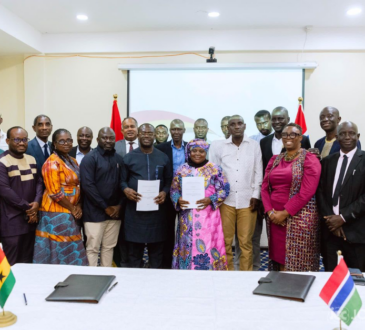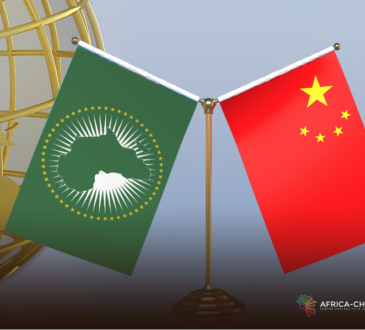
Expectations for Generative AI (GenAI) remain high, with one-third of CEOs reporting increased revenue and profitability over the past year due to its adoption. Nearly half anticipate further profitability gains from GenAI investments in the year ahead. However, trust remains a key challenge to widespread adoption.
These insights are from PwC’s 28th Annual Global CEO Survey, detailed in the latest report titled “Reinvention on the Edge of Tomorrow.” The report highlights optimism among CEOs regarding global economic growth, despite concerns over macroeconomic volatility (29%) and inflation (27%) as the top risks for the coming year.
Regional Risk Disparities
The survey reveals stark differences in regional risk perceptions:
Middle East (41%) and Central & Eastern Europe (34%) cite geopolitical conflict as their biggest concern.
Western Europe ranks macroeconomic volatility (29%), cyber risk (27%), labor shortages (25%), and inflation (24%) as top threats.
Africa (39%) identifies inflation as the most pressing issue.
North America and Asia-Pacific align closely with global risk averages.
GenAI and Climate Change: The Game Changers
PwC’s Global Chairman, Mohamed Kande, emphasized that the world is at a pivotal moment, with cyber risk, geopolitical conflict, and macroeconomic volatility shaping business landscapes. However, he identified Generative AI and climate change as transformative forces that present significant opportunities despite the complexities ahead.
“Businesses are adopting large-scale technologies that could unlock historic opportunities for innovation and sustainable growth,” Kande noted. More than one-third of CEOs say GenAI has boosted profitability in the past year, and nearly half expect it to drive further gains.
Similarly, investments in climate-friendly initiatives are delivering financial returns. One in three CEOs report increased revenue from sustainability investments, while two-thirds say such investments have reduced costs or had no significant financial burden.
Workforce Growth and Business Reinvention
The survey, which gathered insights from 4,701 CEOs across 109 countries, also finds that 42% of CEOs plan to increase headcount by 5% or more in the next 12 months—more than double the proportion expecting staff reductions (17%). Hiring expectations are highest among:
Smaller companies (less than $100 million in annual revenue) at 48%
Technology (61%), real estate (61%), private equity (52%), and pharma/life sciences (51%) sectors
Meanwhile, sector boundaries are blurring, with 40% of CEOs stating their companies have expanded into new industries over the last five years.
However, business reinvention remains slow. On average, only 7% of revenue in the past five years has come from newly created business lines, hindered by weak decision-making, limited resource reallocation, and the challenge of aligning long-term strategies with the often short tenures of CEOs.
CEO Optimism vs. Long-term Viability concerns
Despite concerns about long-term viability—four in ten CEOs believe their company won’t be sustainable in 10 years without reinvention—optimism in the short term is rising. Nearly 60% of CEOs expect global economic growth to improve in the next 12 months, a significant jump from 38% last year and just 18% two years ago.
By a ratio of more than two to one, CEOs expect to increase rather than decrease headcount (42% vs. 17%) in the year ahead.
Generative AI Adoption at Scale
Just two years after GenAI gained widespread attention, its adoption is accelerating. More than half of CEOs (56%) report efficiency improvements in employee productivity, while one-third see increased revenue (32%) and profitability (34%).
Although these results slightly trail last year’s expectations, CEO confidence in GenAI’s future impact remains strong. Nearly half (49%) expect GenAI to boost their company’s profitability in the next 12 months, aligning closely with last year’s projections.
This confidence is echoed in PwC’s Global Workforce Hopes & Fears Survey 2024, where 62% of employees believe GenAI will improve workplace efficiency. Similarly, PwC’s Global Investor Survey 2024 found that two-thirds of investors expect productivity gains from GenAI-driven companies in the year ahead.
The survey underscores the transformative role of GenAI and climate-friendly investments in shaping the future of business. While challenges like inflation, economic volatility, and geopolitical risks persist, CEOs remain optimistic about growth and reinvention. The next decade will be defined by how well businesses navigate these forces and adapt to the accelerating pace of technological change.
By Eugene Davis







